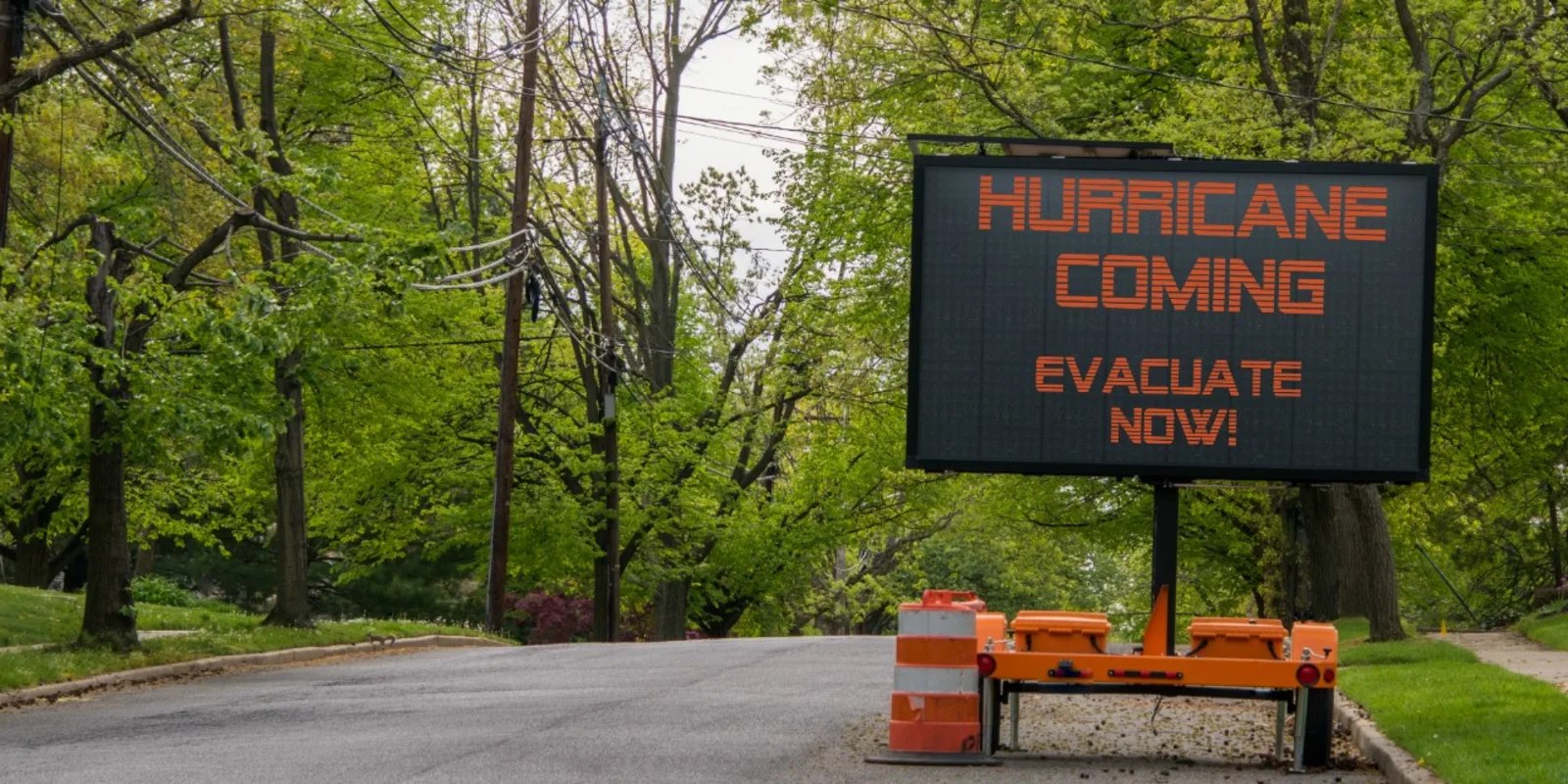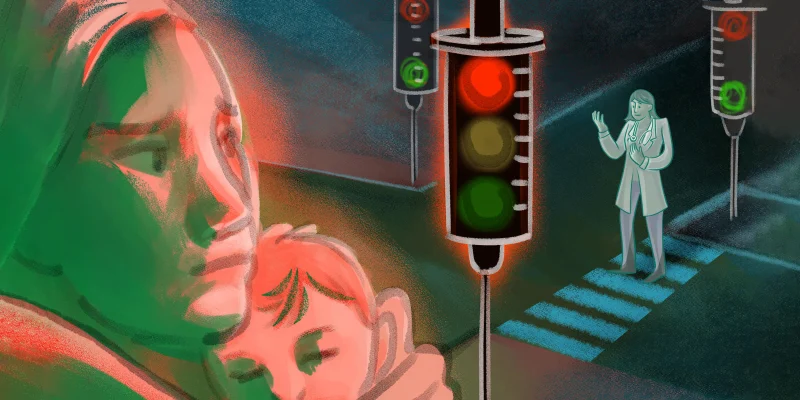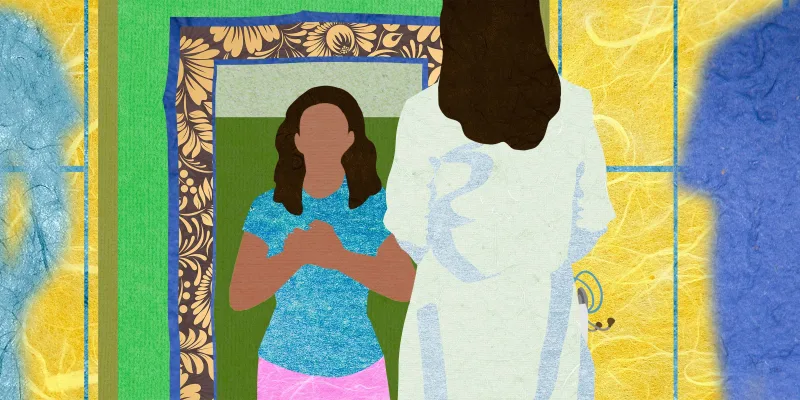
We’re currently in the midst of hurricane season, and with multiple potential storms brewing in the tropics, it is a good time to remind our fellow physicians how they can best ensure that their patients with disabilities are well-prepared. People with disabilities are at higher risk for storm-related injury, death,[1] and even property damage.[2] Despite this, Americans with disabilities are LESS likely than others to be prepared for natural disasters.[3]
Here are 6 ways doctors can better prepare their patients for hurricanes:
1. Help patients assess what their needs may be before, during, and after a hurricane
Help identify any challenges they may face, such as obtaining emergency information, preparing their homes, obtaining care or caregiving services, or evacuating their neighborhoods. Review the need for at least a three day supply of any health care essentials, including medications, catheters, and wound care supplies, as well as food and supplies for service animals. Educate patients and their families as to how to ensure their health and safety in the event of a prolonged power outage.
Two helpful tools to help patients assess their needs during a disaster are:
-
Ready Now! Emergency Preparedness Tool Kit for People with Disabilities from Oregon Health and Science University, available in English and Spanish here.
-
Emergency Evacuation Preparedness Taking Responsibility for Your Safety: A Guide for People with Disabilities and Other Activity Limitations, by June Isaacson Kailes, available here.
2. Encourage patients and their loved ones to read the guide “Preparing for Disaster for People with Disabilities and Other Special Needs”
This booklet from the American Red Cross and FEMA provides good advice on the creation of a personal support network and building an emergency supply kit, among other topics. It is available free of charge here.
Additional helpful information can be found on the Ready.gov website.
3. Recommend patients who may require special assistance in the event of a hurricane register in advance
Make sure any patients who are dependent on electronic devices for their health or function are registered with their local utilities company for priority service after a power outage. You may need to fill out a doctor’s certification as part of their application process.
It is also important to remind any individual who may need assistance evacuating or who may have special needs in a shelter environment to register in advance with their local emergency management program.
4. Assist patients in establishing an evacuation plan
Every individual with a disability should establish an emergency evacuation plan prior to a disaster which takes into account their unique functional impairments and addresses transportation challenges. Physicians should inquire as to the plans of their patients in the event they need to leave their homes or neighborhoods and ensure these plans are comprehensive and appropriate.
Patients with pets should also be encouraged to come up with evacuation plans for their furry friends. Although service animals are accepted at American Red Cross shelters, pets are not accepted at most of their shelters.[4] Lists of pet-friendly hurricane shelters can be found on the website of the American Kennel Club (www.akc.org).
5. Discuss the need for evacuation equipment with patients with severe mobility impairments
After Superstorm Sandy, some New York City residents were trapped in high-rise buildings for days after the power went out.[5] When seeing patients who are unable to negotiate stairs who live or work in a building with stairs, encourage them to consider getting a stairway evacuation chair so they may safely get out in the event of a power failure.
Recommend travel wheelchairs for emergency use for ambulatory patients who walk at a slow pace or who may have difficulty navigating around debris or in other hazardous conditions. Review the importance of having a back-up manual wheelchair for those who are dependent on power chairs and scooters.
6. When prescribing important medications, review the need to ensure never having less than a three day supply handy
It can be difficult to get medications following a major hurricane. It can be quite challenging to get to a pharmacy, with public transportation systems often shut down, gasoline shortages, curfews, and road hazards. Pharmacies may be unable to open and those that are open may have delayed deliveries resulting in medication shortages. When a medication is essential or if it is something someone can withdraw from, it is important to make it abundantly clear to patients and their families that they should not wait until their last pill(s) to pick up their next refill, especially during hurricane season. We should also stress the need to pack at least a three day supply of these medications in a “go bag,” which they can quickly grab in the event of an emergent need to evacuate.
Myriam Lacerte, MD is a PGY-3 resident in the Jackson Memorial Hospital/ University of Miami Physical Medicine and Rehabilitation Residency Program.
Lauren Shapiro, MD, MPH is an Assistant Professor of Clinical Physical Medicine and Rehabilitation at the University of Miami. She is board-certified in PM&R and Brain Injury Medicine. She was a 2017–2018 Doximity Fellow.
References
1. Mace SE, Doyle CJ. Patients with Access and Functional Needs in a Disaster. Southern Medical Journal. 2017;110(8):509–515.
2. Willigen MV, Edwards T, Edwards B, Hessee S. Riding Out the Storm: Experiences of the Physically Disabled during Hurricanes Bonnie, Dennis, and Floyd. Natural Hazards Review. 2002;3(3):98–106.
3. Smith DL, Notaro SJ. Personal emergency preparedness for people with disabilities from the 2006–2007 Behavioral Risk Factor Surveillance System. Disability and Health Journal. 2009;2(2):86–94.
4. Pet Disaster Preparedness & Recovery. American Red Cross. https://www.redcross.org/get-help/how-to-prepare-for-emergencies/pet-disaster-preparedness.html. Accessed September 13, 2018.
5. Santora M, Weiser B. Court Says New York Neglected Disabled in Emergencies. The New York Times. https://www.nytimes.com/2013/11/08/nyregion/new-yorks-emergency-plans-violate-disabilities-act-judge-says.html. Published November 7, 2013. Accessed September 13, 2018.






